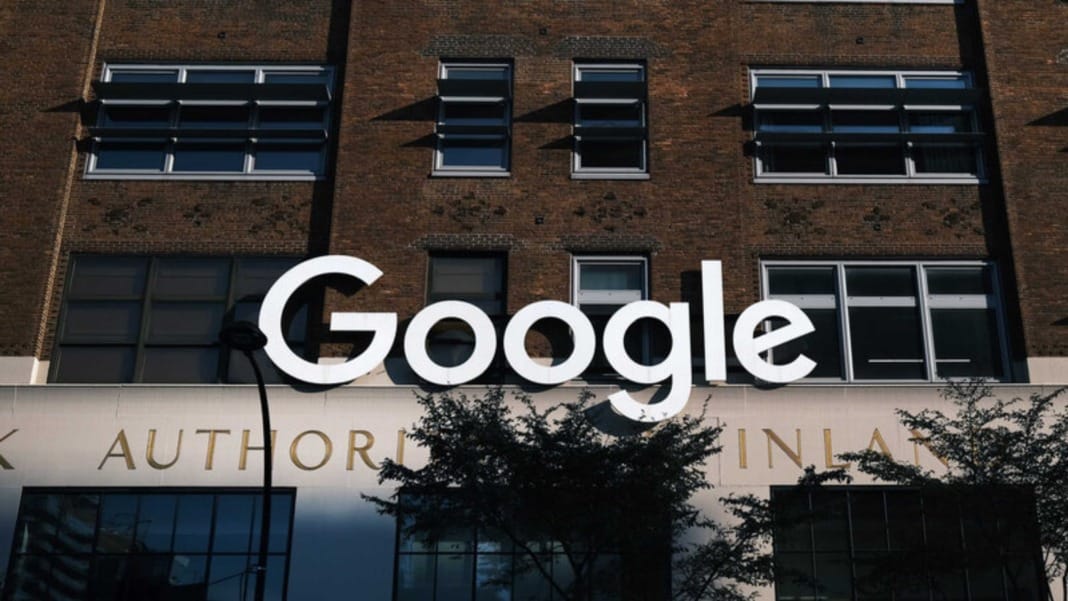In a significant turn of events, the Justice Department’s antitrust lawsuit against Google will be heard by a judge rather than a jury this autumn. This outcome aligns with Google’s preference, as the company sought to avoid the unpredictability often associated with jury trials. The lawsuit, backed by the Justice Department and eight states, aims to dismantle what they claim is Google’s monopoly in the ad tech industry. In this situation, a single company has significant control over the market.
Google’s strategic payment
The path to a bench trial was cleared after Google submitted a US$2.3 million cashier’s check to the court. This payment, made without admitting liability or wrongdoing, is a strategic move by Google. It is intended to cover triple the damages that the government might seek, plus interest. By making this payment, Google effectively neutralised the government’s damages claim, which had initially set the stage for a jury trial.
Legal experts note that jury trials can be exceptionally unpredictable, as demonstrated by recent high-profile cases. Google’s decision to avoid a jury trial is a strategic move to increase the likelihood of a more controlled outcome. Experts suggest that the government’s success in a jury trial could have pressured Google to settle the case.
Judge Brinkema’s ruling
US District Judge Leonie Brinkema, overseeing the case, has now scheduled a bench trial for September 9. In this trial, the judge will act as the sole decision-maker, hearing arguments from both the Justice Department and Google. The judge’s final ruling could significantly impact Google’s operations and the broader ad tech industry.
Meanwhile, both parties await a ruling on another major antitrust case involving Google’s search business. Closing arguments were made about a month ago, and the decision is expected to have far-reaching consequences.
Implications for the ad tech industry
The impending bench trial is a crucial juncture, not just for Google but also for the wider technology and advertising sectors. A ruling against Google could herald substantial changes in the conduct and regulation of digital advertising. Conversely, a favourable ruling for Google could bolster its market position, potentially influencing future antitrust cases. The implications are profound, underscoring the gravity of the situation.
As the trial date looms, it is imperative for industry observers and stakeholders to closely follow the proceedings. The outcome could establish a precedent for how antitrust laws are applied to major tech companies, shaping the landscape of digital advertising and competition for years to come. Your attention and involvement are crucial in this process.
Stay tuned for updates as the trial unfolds and its implications become more apparent.





